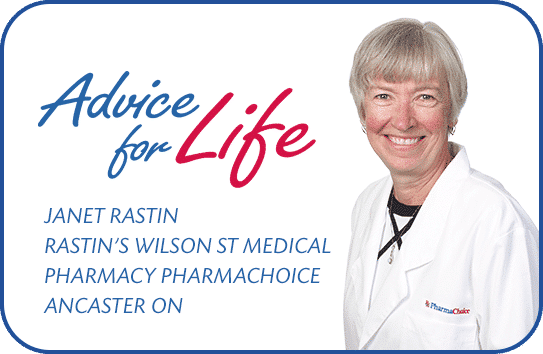Summer is when that cold beer or pop calls out to you. But both are dehydrating. Just make sure you drink moderately and compensate for having extra water. Hydration should be continual, and slow. The best way to keep hydrated is to drink water throughout the day, eat foods that have higher water content (fruits, vegetables), and avoid being dehydrated.
Did you know that almost 60% of the human body is water? Your brain and heart are composed of approximately 73% water, which tells you how important water is for proper function and maintenance of your vital organs. Water carries nutrients and removes waste from cells, which is important to keep them alive. Brain and heart cells don’t multiply, so we don’t want to lose any, do we?
You will need more water when you (have):
- Sweat (ex: hot weather, exercise)
- Cry
- Vomit
- Diarrhea
- Burn (sun, or any damage to the skin)
- Are sick
Dehydration occurs when you do not replenish the water that you lose. But, loss of water can also mean loss of electrolytes (ex: potassium, magnesium, sodium, chloride), which may lead to life-threatening outcomes. Drinking water may not be enough. Your pharmacist can help with hydration products for infants, children, and the elderly. It’s good to consider proper hydration if you wish to travel, in case of vomiting or diarrhea. Be wary, hydration drinks may have extra sugar or electrolytes, which may not be required. Check-in with your pharmacist to find what is best for you.
For some medical conditions, fast hydration, and having too much water should be avoided. These conditions include congestive heart failure, kidney or liver disease. Some conditions and medications can cause frequent urination or increase thirst. Your pharmacist can discuss proper hydration, and avoidance of overhydration.
The best way to determine if you are properly hydrating is to look at your urine. It should be a pale yellow (mild lemonade) colour. Make sure you drink water if you experience symptoms of dehydration:
- Dry mouth,
- Dark yellow urine
- Less urine (volume or frequency)
- Headache
- Muscle cramps
Severe dehydration is a medical emergency, seek immediate medical attention for these signs:
- Dry mouth and tongue
- Dark urine
- No urine
- Rapid breathing and/or heart rate
- Feeling faint or dizziness
- Confusion, irritability, lethargy
Your pharmacist can provide more information on how to avoid dehydration. Dehydration in infants is very serious, ask the pharmacist what to look for when they are sick, vomiting, or have diarrhea.



